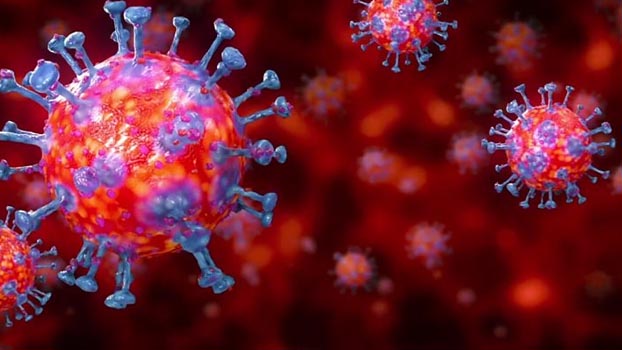Heatwaves bring hope among people
Scientists predict coronavirus spread may slower in warmer weather

Sweeping mild heat wave across the country has brought some sort of relief for the people conceiving that the coronavirus spread will become slower. Faruk Ahmed, a hotel owner at Rampura said, "We have learned from various sources that, the pandemic coronavirus cannot spread in hot weather. As our country's temperature is increasing, we hope it will not be able to spread further".
Scientists see hope at the arrival of warmer and sunnier weather. If Covid-19 conforms to the seasonal pattern of other respiratory infections, the coming months will help the suppression of the virus — at least temporarily. Scientists from Beihang and Tsinghua universities in China, who have examined how the coronavirus has been transmitted in 100 Chinese cities, concluded that “high temperature and high relative humidity significantly reduce the transmission of Covid-19”.
Mohammad Sajadi, an associate professor at the University of Maryland’s Institute of Virology who has been studying the outbreak, has said, "Although the virus can spread anywhere, it transmits most effectively between humans when humidity is low and the temperature is between 5C and 11C".
At present the areas most affected by Covid-19 are between 30-50 degrees north of the equator — which includes most of China and the US, and the southern portion of Europe, according to news sources. According to Bangladesh Meteorological Department, the highest temperature in the country was recorded 34 degrees Celsius on Tuesday. On Wednesday the temperature was 35 degrees Celsius followed by 37 degrees on Thursday and 37.5 degrees Celsius on last Saturday in the country.
The met office forecast that the temperature will continuously increase in the next couple of days. A study, done by Massachusetts Institute of Technology scientists, found that as of March 22, 90 percent of all known transmissions of the current coronavirus on a global scale occurred at temperatures ranging from 37 to 62 degrees and that only 6% of cases occurred in regions with average winter temperatures of more than 64 degrees.
It is to be noted that vitamin D levels in human bodies can have an effect on how vulnerable humans are to infectious diseases. In the winter human bodies make less vitamin D from sunlight exposure, mainly because of spending more time indoors and wrapping themselves in clothing against the cold air.
According to Institute of Epidemiology, Disease Control and Research (IEDCR), no new cases detected in the last 24 hours in the country. IEDCR director Meerjady Sabrina Flora at a regular press briefing today said that the implementation of the recommendations made by the government will depend on the country's people.
She said that, "Although community transmission started in limited form in the country, it has not yet spread. Community transmissions have started on a limited scale in two places. In one of these places, we could not find the source of the infection, so surveillance activities were conducted to isolate the place".
However, when asked about high temperature, she replied, "We do not have any evidence that Coronavirus spreads slow in hot weather, but we observe that the areas where Corona has spread widely so far, are the tropical regions and in cold environment".




